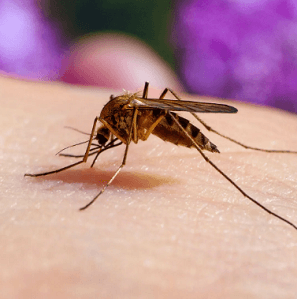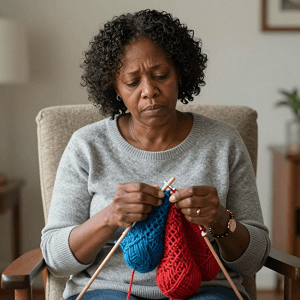A new study reveals that Florida’s mosquito control system may be reinforcing public health disparities, with wealthier areas receiving better protection against mosquito-borne diseases like dengue, West Nile, and Zika.
Special districts—independent entities with taxing authority—spend about 20% more annually on mosquito control than county-run programs. More than half of their staff have mosquito-specific expertise, compared to just 35% in county programs. These districts also employ more college-educated personnel.
But these advantages are not shared equally. Special districts cover only parts of counties, sometimes as little as one square mile, and tend to serve areas with higher property values and lower social vulnerability. “Local governments that don’t have their own mosquito control board have much lower capacity,” said Charley Willison, assistant professor at Cornell and director of the Public Health Governance Lab. “Several places across the state have no designated local mosquito control services.”
Researchers argue that this creates a “club good”—a benefit limited to select communities—rather than a public good. They recommend expanding district boundaries, forming partnerships with counties, or increasing county funding. But with proposed federal cuts to public health, those solutions may be out of reach.
Willison emphasized that local policy decisions shape access to clean water, housing, and green space—key social determinants of health. “If we don’t know the root causes of these health disparities, which relate to policy choices being made by local officials, we can’t achieve our public health goals.”
See: “How mosquito control could exacerbate public health disparities” (July 1, 2025)



